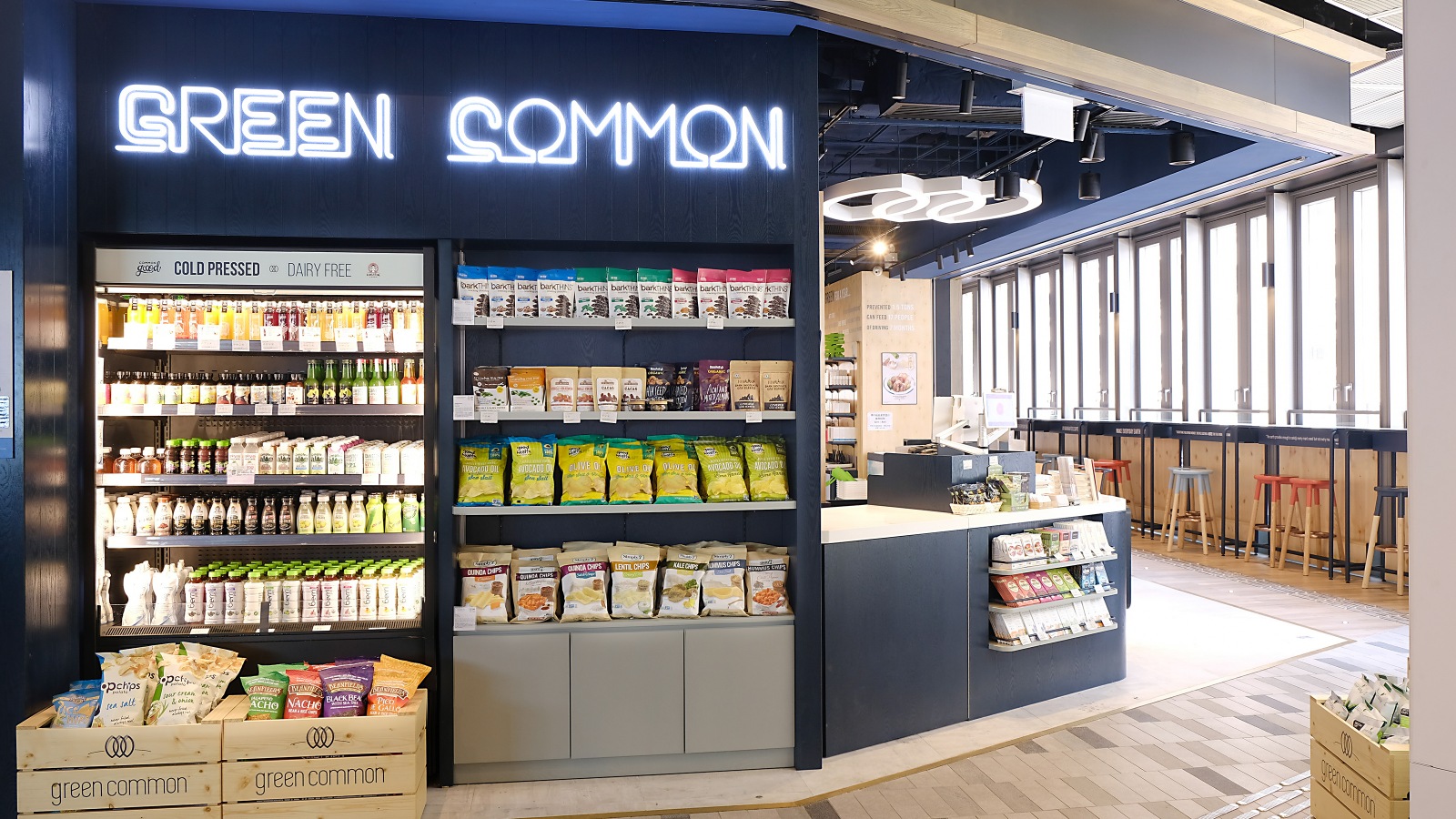Asia's Plant-Based Prince

Eight years after starting meat-free Mondays, social entrepreneur David Yeung is transforming Asian dining habits.

It was watching the Al Gore documentary An Inconvenient Truth in 2006, that first inspired David Yeung to turn his dedicated vegetarianism into activism. That, combined with reading the United Nations reports from the Intergovernmental Panel on Climate Change (IPCC), which describes the environmental damage caused by livestock in the form of carbon emission.
He became a 'one-man mission', which after a few years formalised into Green Monday, an initiative started in Hong Kong to encourage people to go meat free on Monday. Since launch in 2012, the campaign has spread to 30 different countries in Asia including Singapore and Thailand where meat consumption is also high. The platform involves education in schools, companies, canteens and restaurants to add more plant based options to menus. He has also launched a shop called Green Common which stocks plant-based alternatives to meat, and patented a pork replacement called Omnipork.
Now, over a third of Hong Kongers identify as eating no meat once a week. When Yeung started out that figure was less than 5 percent.
Yeung speaks to Bllnr.com about his journey.

What was the inspiration that led to setting up Green Monday and Green Common?
There are many problems our world is facing: climate change, food insecurity, public health issues and population explosion. The nexus of these urgent global crises is the food industry, or more specifically our overconsumption of meat. The Green Monday movement was established to provide a common platform that institutions and individuals can join to contribute to sustainability and health. We choose Monday because it is symbolic to a new beginning.
Our motto is to “make change happen, make green common.” The combination of the Green Monday movement and advocacy and the empowerment from Green Common is to catalyze the world towards a healthier and more sustainable future.
What was the biggest challenge?
Hong Kong is a modern city and our food consumption is unbelievably high. It is tremendously hard to be a plant-based lifestyle advocate here in Hong Kong. But what we should do, we must do. Hong Kong people are too busy to digest information. What they need is solutions. Besides, people here have very high standard for good food and they need variety. It is a tough task for them to have salad, tofu and Buddha's delight (Vegetarian Lo Han Jai) every single meal. Go Green Once a Week, what we proposed, is comparatively easier for them to try and achieve, meanwhile we are trying our best to offer more green food choices and alternative meat options, to fulfill the Hong Kong people’s desire for delicacy.
What was your proudest moment?
Seeing actual change happening! We are catalyzing significant shift in local food culture AND consumer behavior. Plant-based options used to be non-existent in restaurants and supermarkets. Now they are blossoming everywhere. Back in 2016 we engaged a third party to do an independent poll that showed 22% of Hong Kongers are practicing some form of Green Monday and are conscious and active in reducing meat in their diet. That number surely is a lot higher today after another four years of introducing plant-based food innovations to the market, as well as the continued growth of our Green Common restaurants and stores, and our restaurant partners. According to the latest survey we did this year, it is now 34% of Hong Kong people regard themselves as flexitarians!
What are you trying to achieve in future?
Shifting the world towards a more sustainable diet and lifestyle is the overall mission of our group. However, from a short-term standpoint, we first need to remove the stigma surrounding a vegetarian diet. While Green Monday is off to a good start in terms of changing mindset and behavior, much more work still needs to be done to sustain that change. So the offering of exciting innovative plant-based options such as Beyond Meat, OmniPork and others as solutions will be critical.








